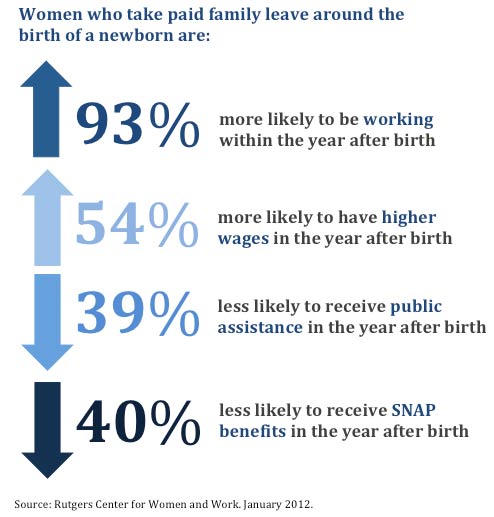Paid family and medical leave has been in the news this past year. It helps families care for each other whether they are newborns or aging parents. It helps individuals recover from serious illness or injuries. It can also save the lives of victims of domestic violence, sexual assault and stalking.
Survivors do not have the option of “scheduling” their trauma, and they often delay leaving an abusive relationship because of economic worries. One of the best predictors of whether a victim will separate from her abuser is economic independence. A 2012 Mary Kay Foundation survey of 700 domestic violence shelters revealed that 74 percent of survivors claimed they stayed with their abuser longer because of financial issues.
Domestic and sexual violence impacts a victim’s ability to keep a job, and abusers often use economic abuse to control their victims. Providing financial support for survivors, who may need to take time to safely leave a violent relationship, or heal, is important.
The Legislature has the opportunity to make paid family and medical leave a reality. Research by the Montana Budget and Policy Center shows that with contributions representing less than half of one percent of wages, we could create an insurance pool so workers would receive part of their wages while on leave.
The Montana Coalition Against Domestic and Sexual Violence is a proud supporter of paid family and medical leave. Beyond helping victims of domestic violence, passing paid family and medical leave is the right thing to do.
Kelsen Young – Executive Director – Montana Coalition Against Domestic and Sexual Violence


Recent Comments